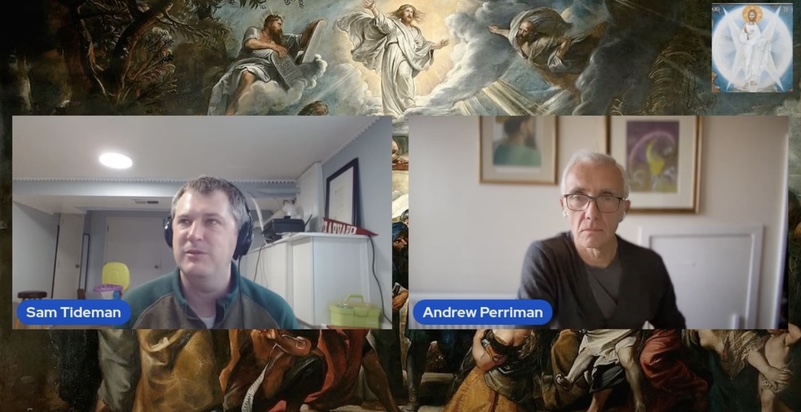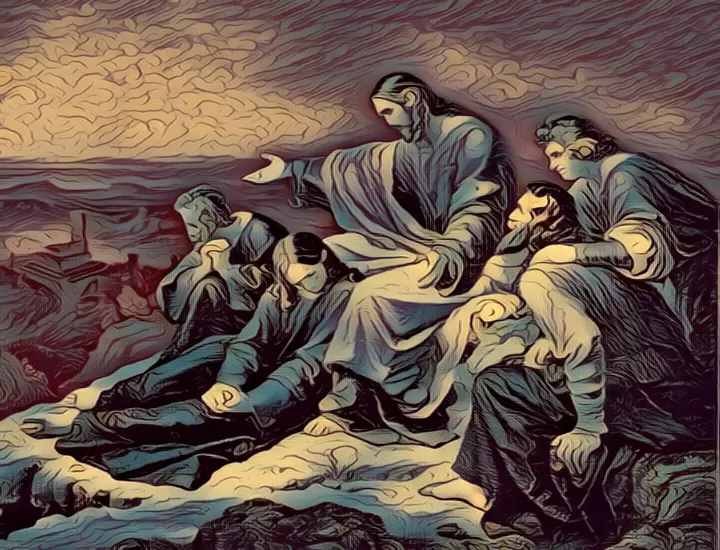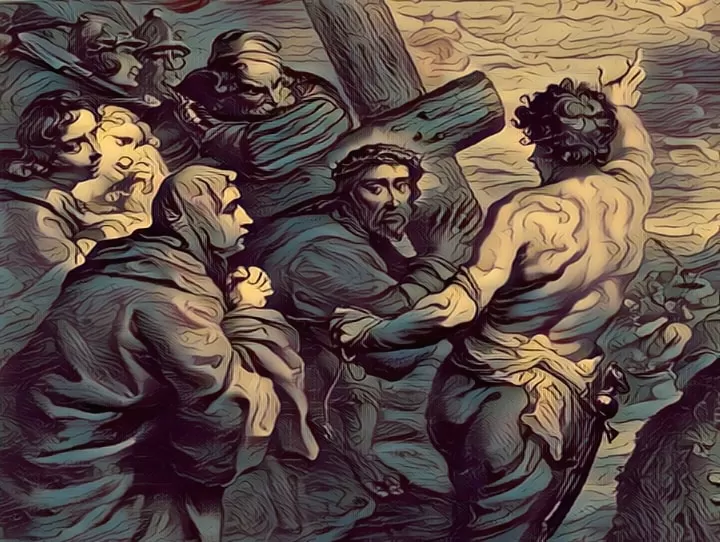Call yourself a Jew?
When Paul says, “if you call yourself a Jew” (Rom. 2:17), the traditional understanding has been that this is addressed to a Jew whom he is about to charge with hypocrisy: “You call yourself a Jew but you do this, that, and the other! Shame on you!”
It is sometimes argued, however, in keeping with the position generally taken by the “Paul within Judaism” school, that the critique in Romans 2 is directed not against Jews but against Gentiles, and that Paul’s interlocutor here is a non-Jew who mimics Jewishness. I have just read two recent defences of this view by Jacob Mortenson and Matthew Novenson. It’s a striking piece of re-interpretation, we’ll go through what I have taken to be the main arguments, but I’m not persuaded.







Recent discussion